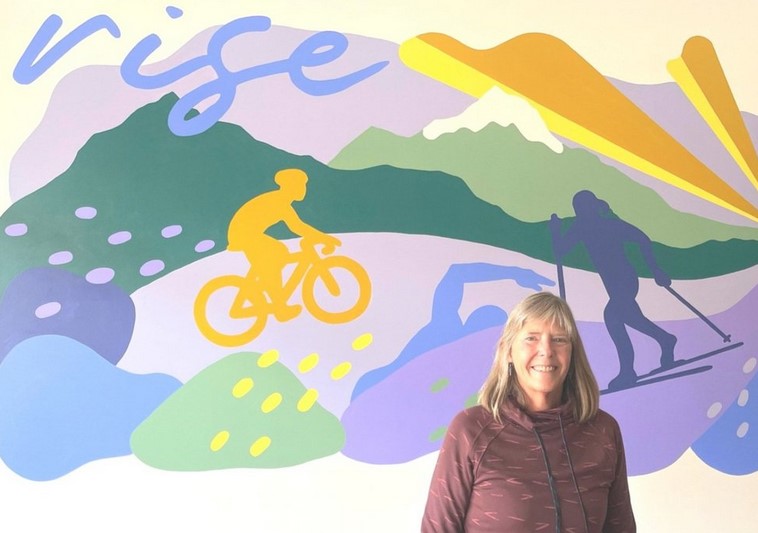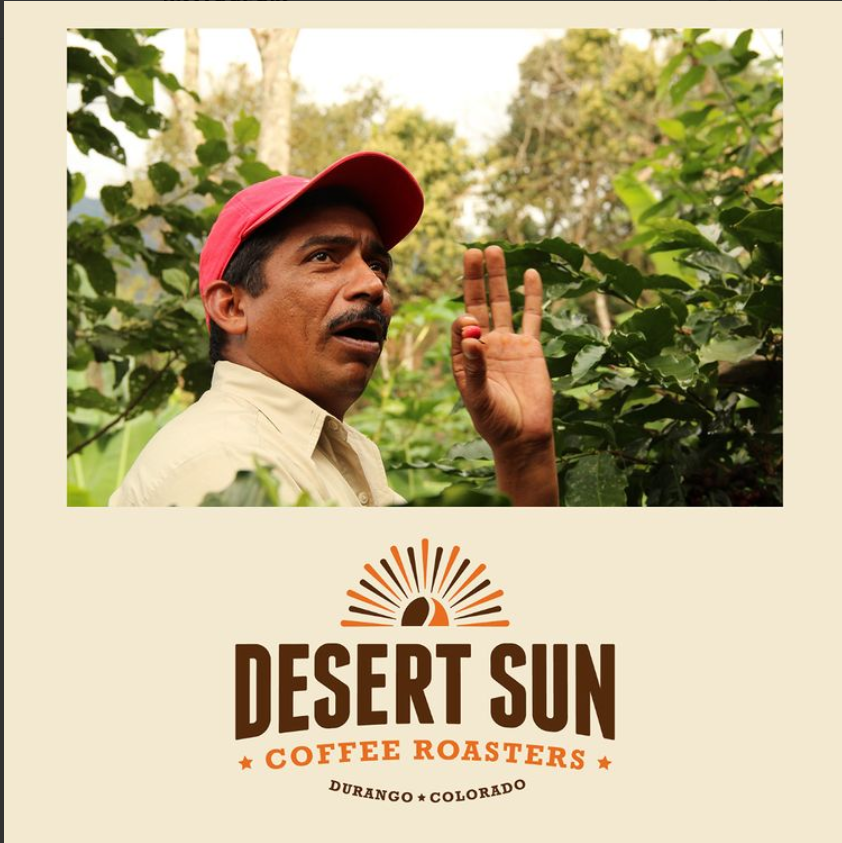Phoenix Physical Therapy: Rising from the Ashes.
In 2017, veteran physical therapist SueB Earl found herself looking for a new place to call her professional home.
After working for the Mercy system for more than fifteen years, she unexpectedly lost her position. She pursued the private sector but couldn’t seem to find a good fit.
So, she finally decided to open her own practice.
In 2012, she had launched Footworks—a custom foot orthotics business—as a side gig. At the time, she had no idea how to run a business, and she relied heavily on the SBDC for guidance. Through the years, she continued to be an active part of the SBDC community; she attended the annual women’s conferences and a number of workshops.
But, when she decided to launch a physical therapy practice, which was going to be a full-time venture, she found that she needed quite a bit more help with the business side of things.
“I consulted with Mary, and she gave me some reference materials. She was very encouraging, which really helped! I got access to some different tools that helped me start putting the business together.”
Then came the business plan. Not having a background in finance, SueB felt helpless when it came to crunching the numbers.
Mary connected SueB with Laurie Keck, who proved to be a lifesaver. “She spent at least 10 or 15 hours with me and held my hand through the entire process. I got the information, and she organized the numbers in the business plan, which ultimately allowed me to acquire the loan I needed from Region 9. Her expertise was invaluable.”
Once the loan was secured, SueB needed a name for her practice. Her daughter suggested that she use a name that represented herself, and a friend immediately told her, “Well, that’s easy. Phoenix.”
SueB has been no stranger to challenges in her life, from battling cancer to dealing with professional setbacks and personal calamities, and she immediately knew that the image of a Phoenix rising from the ashes beautifully represented her new life and career.
Since opening her doors in November, the business has been a “soaring” success. The schedule is already full, and she has recently hired a new therapist. “I’m going to need to get back with Laurie to create a working business plan, not just one to get a loan. I’m looking forward to having her help me crunch numbers.”
“I would tell any new business owner that the SBDC is an amazing resource. They are there to guide you, support you, and provide resources, so you are making informed decisions and not just shooting in the dark. Also, Region 9 is great for helping small businesses get loans.”
SueB is also grateful to both the Durango and physical therapy communities who have been incredibly supportive. “Knowing that I’m beholden to Durango and appreciated—that feels pretty good.”









